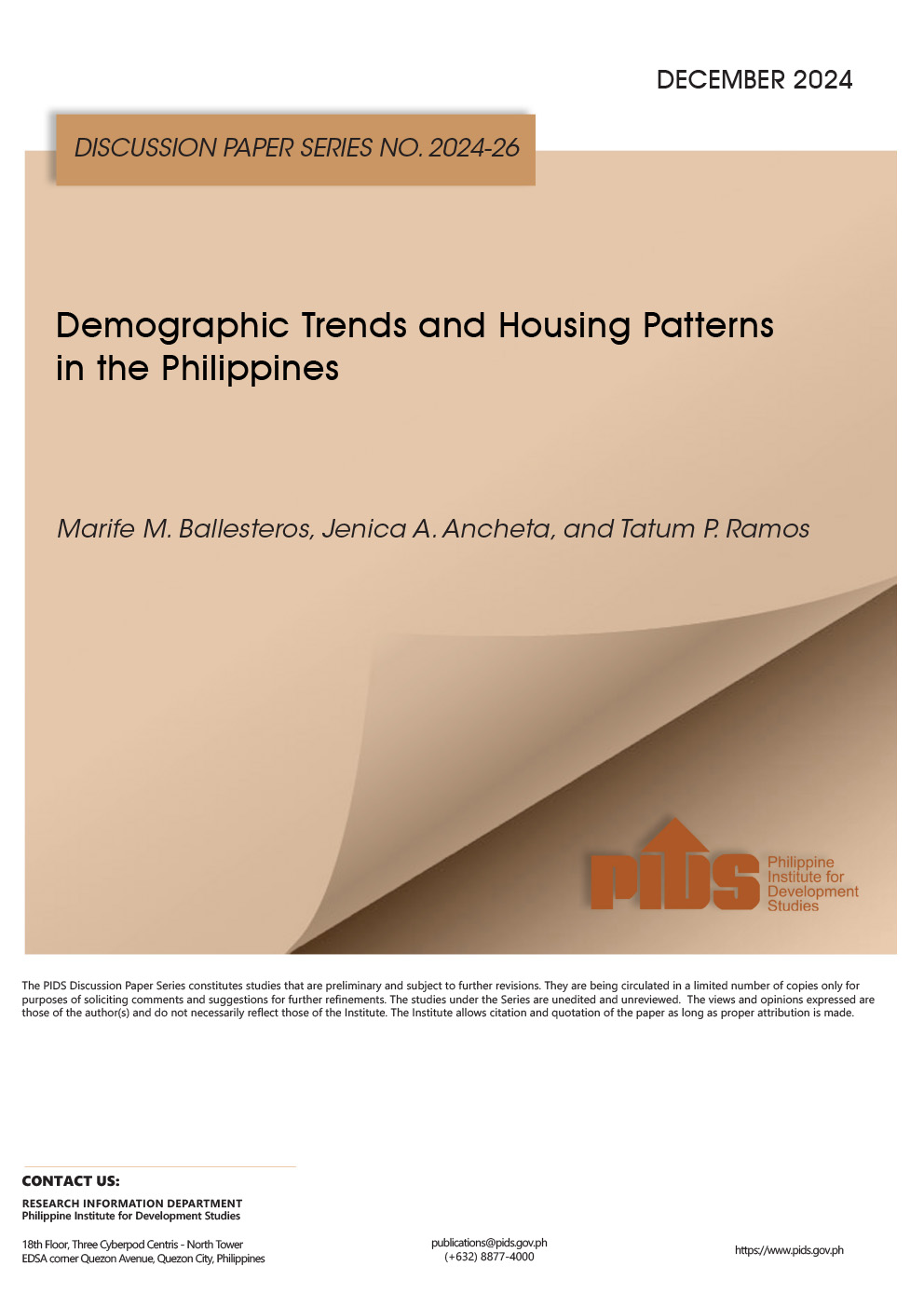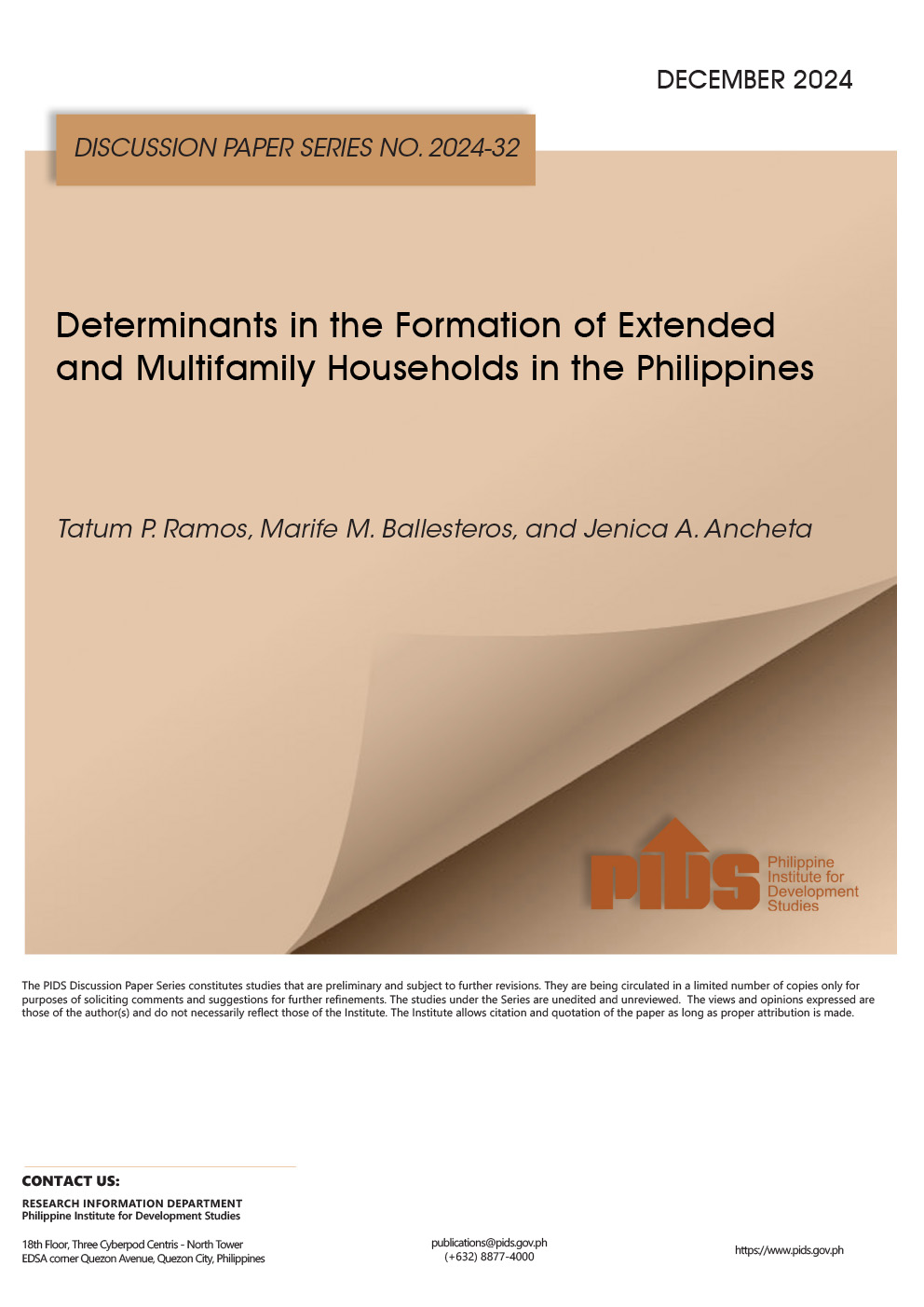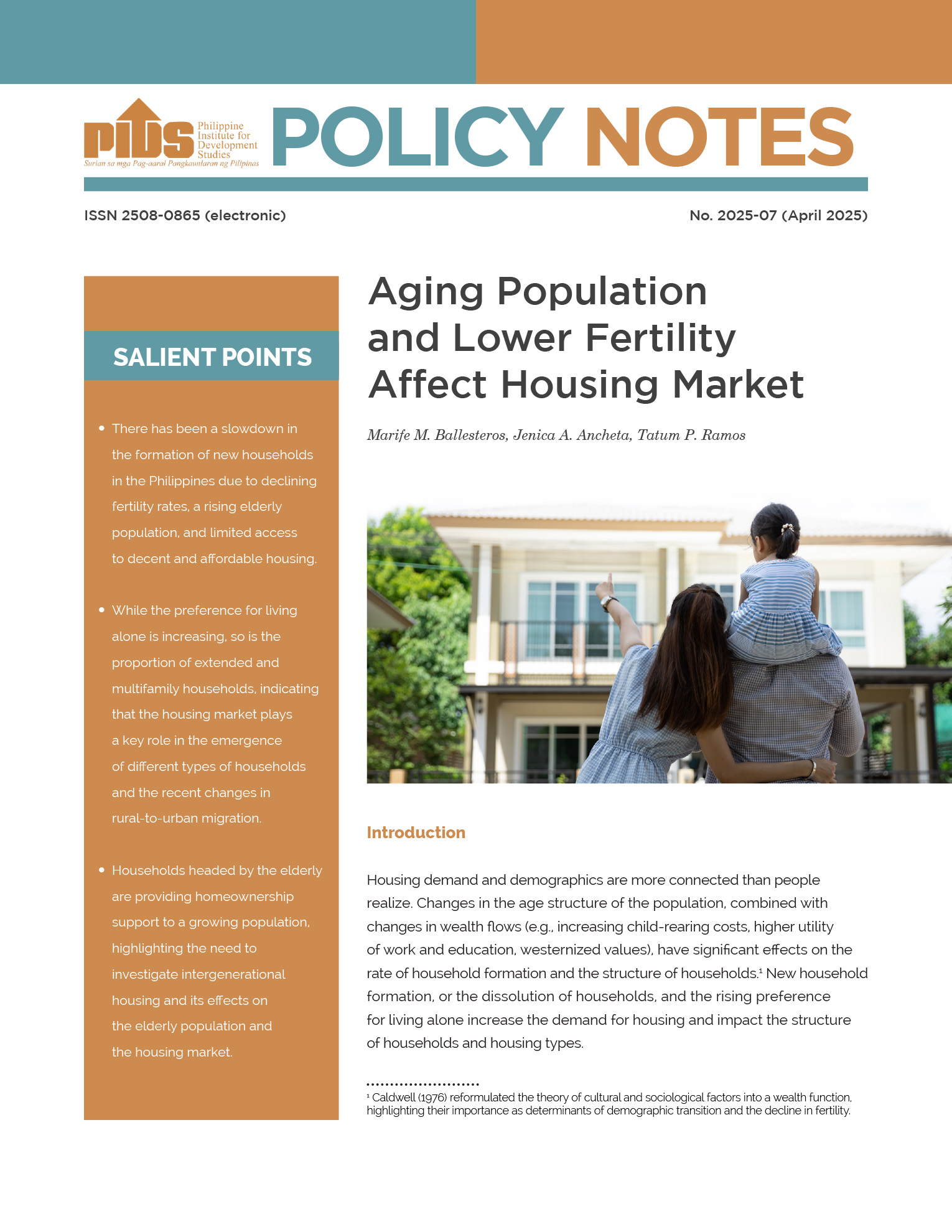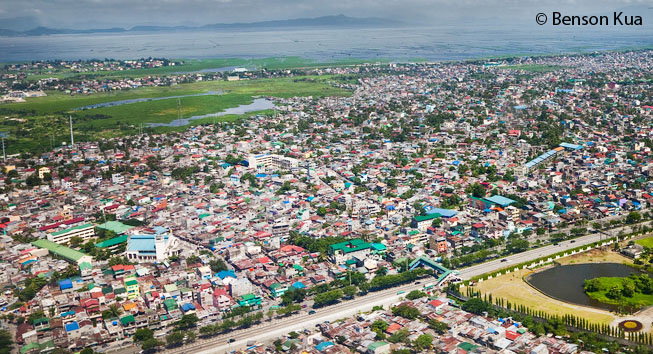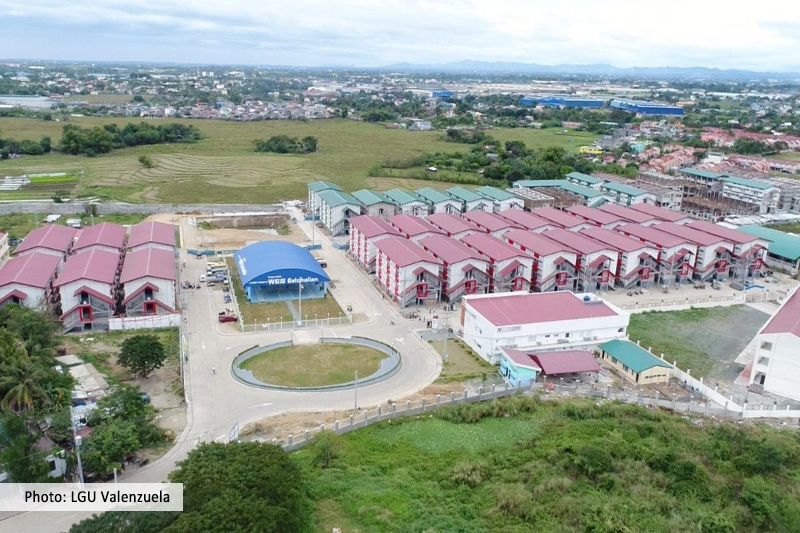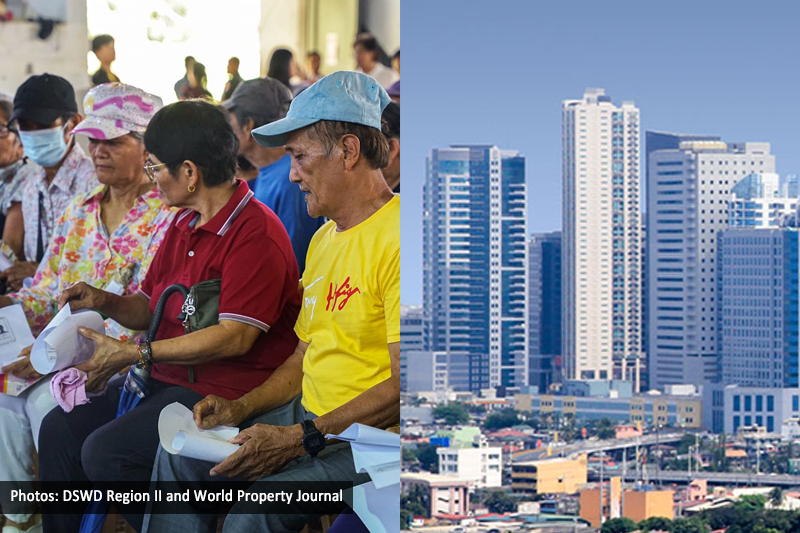With the anticipated impact of the worsening hot weather to the water supply, a business leader calls for long-term and sustainable programs to mitigate its effect.
"Water is a basic necessity needed by everyone – businessmen or not," said Cebu Chamber of Commerce and Industry President Ma. Teresa Chan.
"Since this is a yearly phenomenon (hot weather) like typhoons, we should already implement long-term [and] sustainable programs to address it [water supply woes]," Chan told The FREEMAN.
The El Niño phenomenon, which is currently affecting the Philippines, has caused hotter weather, threatening food production and water supply stability.
"The effect of water shortage in Cebu depends on the extent of the shortage," Chan said. "If it will be at this same level, there might be some increase in cost of production but it will be bearable."
"But it is our farmers who will be most affected and so, all of us – employers and employees – as consumers," the president added.
Projected shortage
Late last year, the Metropolitan Cebu Water District (MCWD) had warned of water shortage as it projected a drought from January to May this year due to El Niño.
Previous reports quoted Edgar Ortega, MCWD's production and distribution department manager, as saying that there would be around 34,000 cubic meters of water shortage by April this year.
MCWD mostly relies on groundwater sources which account for 80 percent of its daily production or 164,000 cubic meters per day and 20 percent (40,000 cubic meters per day) comes from surface water sources. The utility had forged agreement with bulk water suppliers and commissioned additional wells to address the projected shortfall.
Conservation
Chan emphasized that everyone should help in water conservation.
"The chamber has disseminated information on the water situation to its members and has conducted seminars on water conservation," she said, adding that CCCI is involved in various water-related programs and advocacies.
The business leader said that water treatment, recycling and conservation should be part of not only the regular programs of the government but of the daily lives of consumers.
According to a data from the Philippine Institute for Development Studies, an average Filipino family consumes six liters per capita per day for drinking and 12 for cooking and the kitchen.
Bulk of water use in households is for personal hygiene and sanitation services, areas where reusing and recycling of water should be done.
One advice from MCWD to consumers is to regularly check faucets, toilets and pipes for leaks and have these repaired immediately. //
Biz leader calls for long-term solution to lingering El Nino

